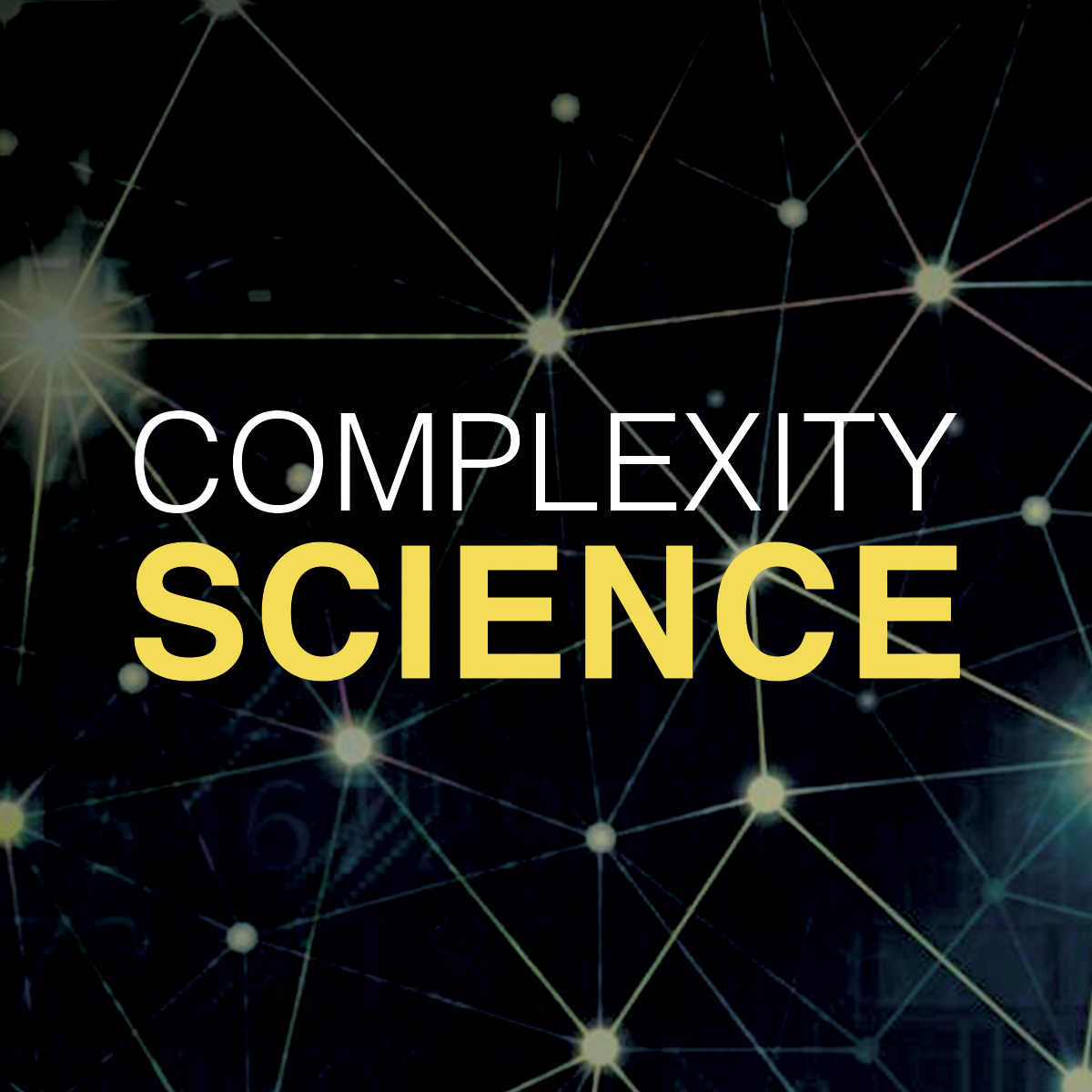Introduction to Complexity Science
Overview
This course explores the features of complexity science. Our world is connected by an abundance of complex systems. Across all levels of organizations from physical, biological world to the social world, we may think of the connectivity between individual elements and how they interact and influence each other. For example, how humans transmit pandemics within a group, how cars interact in the traffic system and how networks connect in governmental organizations. Although these systems are diverse and different, they have surprisingly huge features in common. In the past several decades, the study of complexity science has been increasing. It is widely acknowledged that an innovative, integrated and analytical way of thinking is essential for understanding the complex issues in the human societies. In this course, we will aim to give everyone a comprehensive introduction of the complex systems, to talk about the resilience, robustness and sustainability of the systems and to learn basic mathematical methods for complex system analysis, for example regime shifts and tipping points, the agent-based modelling, the dynamic and network theories. Most importantly, we will implement the theories into practical applications of cities and health to help students gain practice in complex systems way of thinking.

